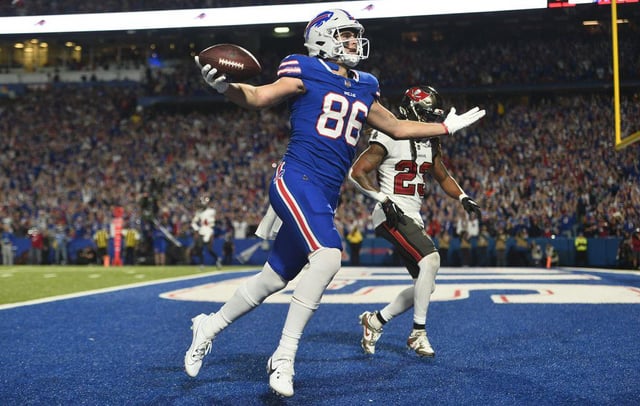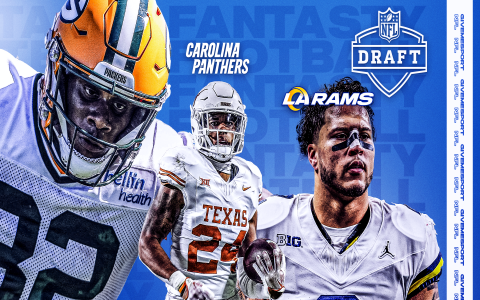So, I was messing around with some natural language processing stuff, and I bumped into these two names: “Likely” and “Kincaid.” They kept popping up in different contexts, and I got curious. What’s the deal with these two? Are they related somehow? Let’s dig in.

My Little Experiment Begins
First, I threw “Likely” into a bunch of text analysis tools. You know, the kind that picks out common words and phrases. Turns out, “Likely” is, well, likely to show up a lot! It’s an adverb, modifying verbs, making things probable or possible. No big surprise there.
Then I did the same with “Kincaid.” This one was different. It’s mostly a surname, sometimes a given name. I saw it connected to authors, artists, and even some fictional characters. More of a specific entity than a general concept like “likely.”
Comparing Apples and Oranges (or Words and Names)
It became pretty clear that I was comparing two very different things. One is a common English word, and the other is a proper noun.
It’s like asking “What’s the relationship between ‘run’ and ‘Johnson’?” One is an action, and the other is a person’s name(Most of the time).
The Deep Dive (or Maybe Just a Puddle Splash)
I tried to find some specific instances where “Likely” and “Kincaid” might be used together. Think about a sentence like: “It’s likely that Kincaid will win the race.” See? Perfectly normal. “Likely” is just describing the probability of Kincaid doing something.
- “Likely” modifies the verb “win,”.
- “Kincaid” is the subject, the one potentially doing the winning.
I even searched for some famous Kincaids, just for fun. Found a few authors and artists. Nothing groundbreaking, but it reinforced the idea that “Kincaid” is, you know, a name.
Wrapping It Up (My “Aha!” Moment)
So, what did I learn? Basically, “Likely” and “Kincaid” aren’t inherently connected. They’re just words from different parts of the English language. One’s a common adverb, and the other’s a proper noun, usually a surname. They can be used together in a sentence, but that doesn’t mean they have some deep, hidden relationship.

I set out to find the correlation, and the biggest thing I found was…that there are a few differences.
It was a simple little exploration, but it was a good reminder of how words work. Sometimes, things that pop up together are just… words and names existing in the same language. And that is it.






